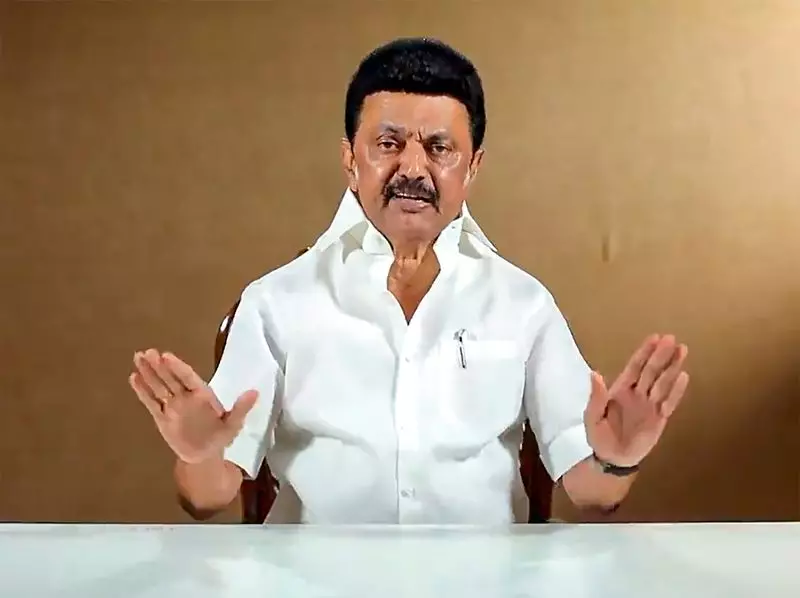
Tamil Nadu Chief Minister M.K. Stalin has ignited a significant political discourse by taking a definitive stand against the use of the English honorific 'Sir' in official communications within the state. The controversy has prompted the DMK leader to call for a crucial all-party meeting scheduled for November 2nd, 2024.
The Core of the Controversy
At the heart of the matter is CM Stalin's firm opposition to what he perceives as a colonial-era title that has no place in modern Tamil Nadu's administrative lexicon. The Chief Minister's stance is not merely symbolic but reflects a deeper commitment to linguistic pride and the Dravidian model of governance that emphasizes regional identity.
Political Mobilization and Strategy
The decision to convene an all-party meeting demonstrates the seriousness with which the state government is treating this issue. By bringing together representatives from across the political spectrum, Stalin aims to build consensus and present a united front on matters of linguistic and cultural significance to Tamil Nadu.
What to Expect from the November 2nd Meeting
- Cross-party discussions on the implementation of language policies
- Debate on alternative honorifics that respect Tamil cultural sensibilities
- Formulation of official guidelines for addressing officials and dignitaries
- Consensus-building on maintaining linguistic identity in governance
Broader Implications for Tamil Nadu Politics
This move is being closely watched by political analysts as it reinforces the DMK's longstanding position on Dravidian identity and anti-colonial sentiment. The timing and nature of this controversy come at a crucial juncture in Tamil Nadu's political landscape, potentially setting the tone for future linguistic and cultural policies.
The all-party meeting is expected to draw significant participation from both ruling and opposition parties, making it a landmark event in the state's ongoing conversation about language, identity, and administrative practices.





